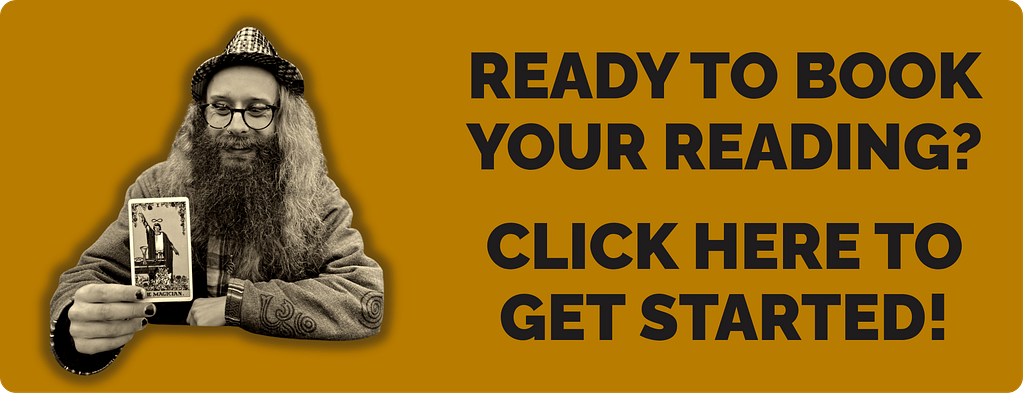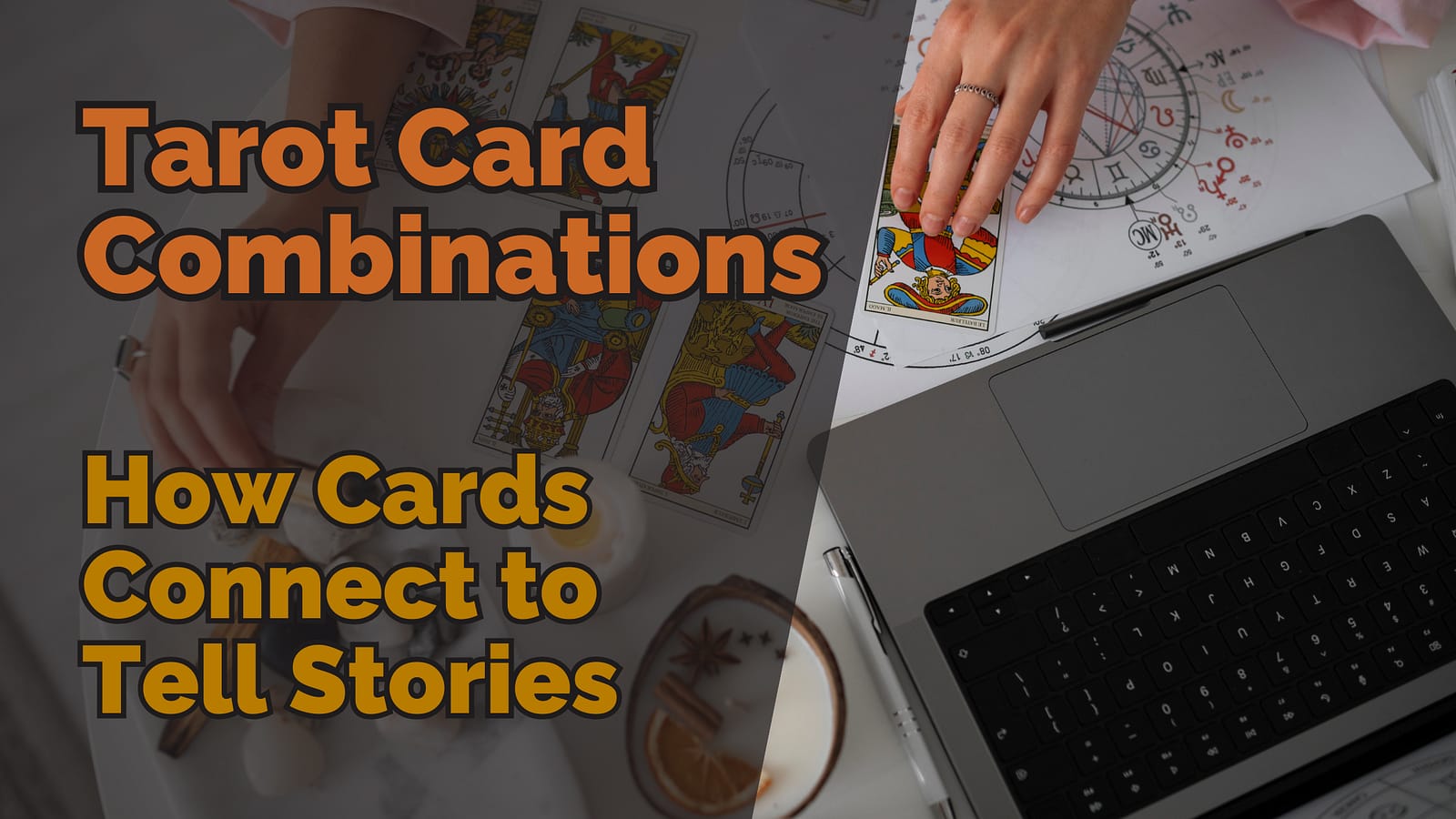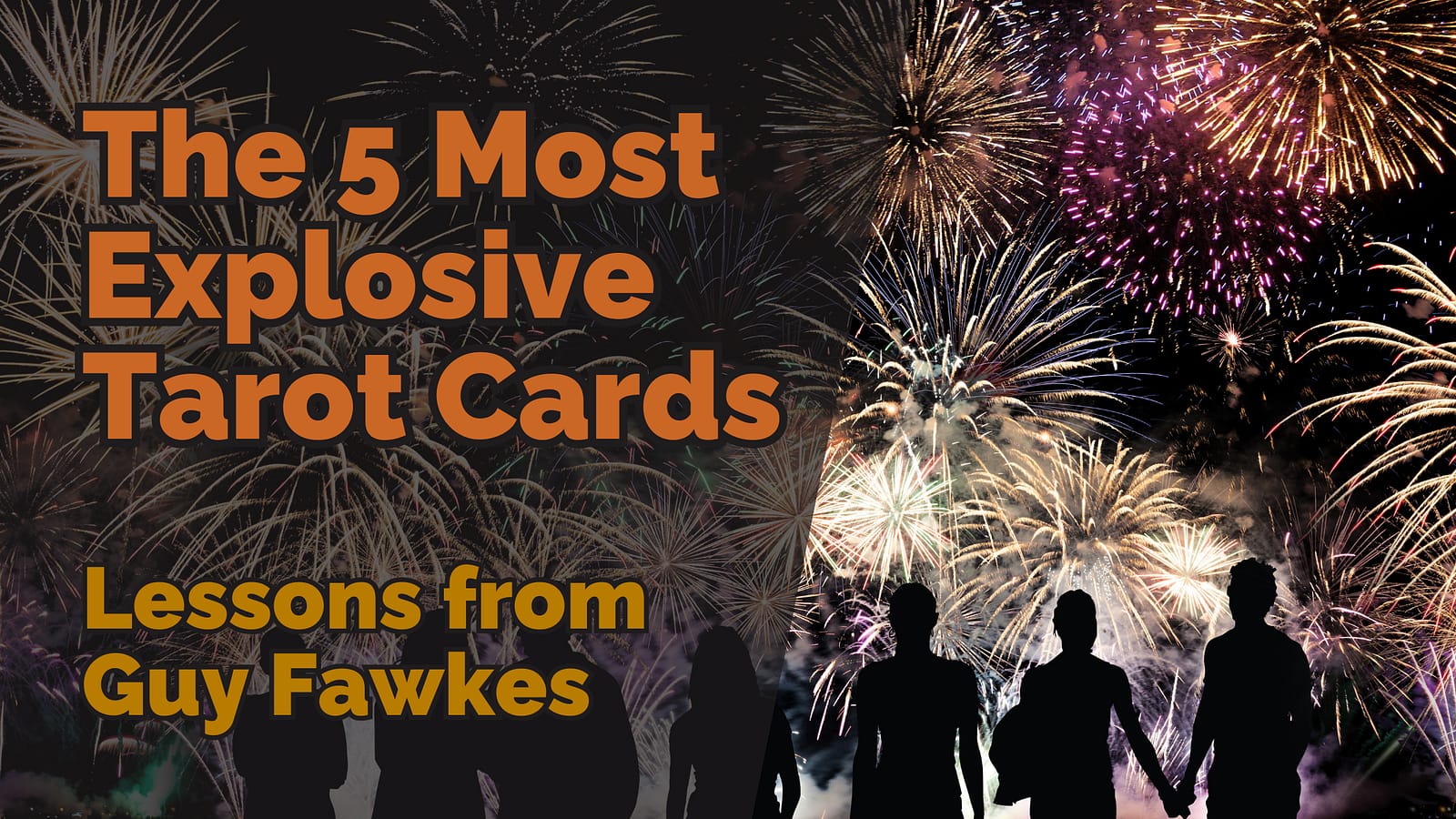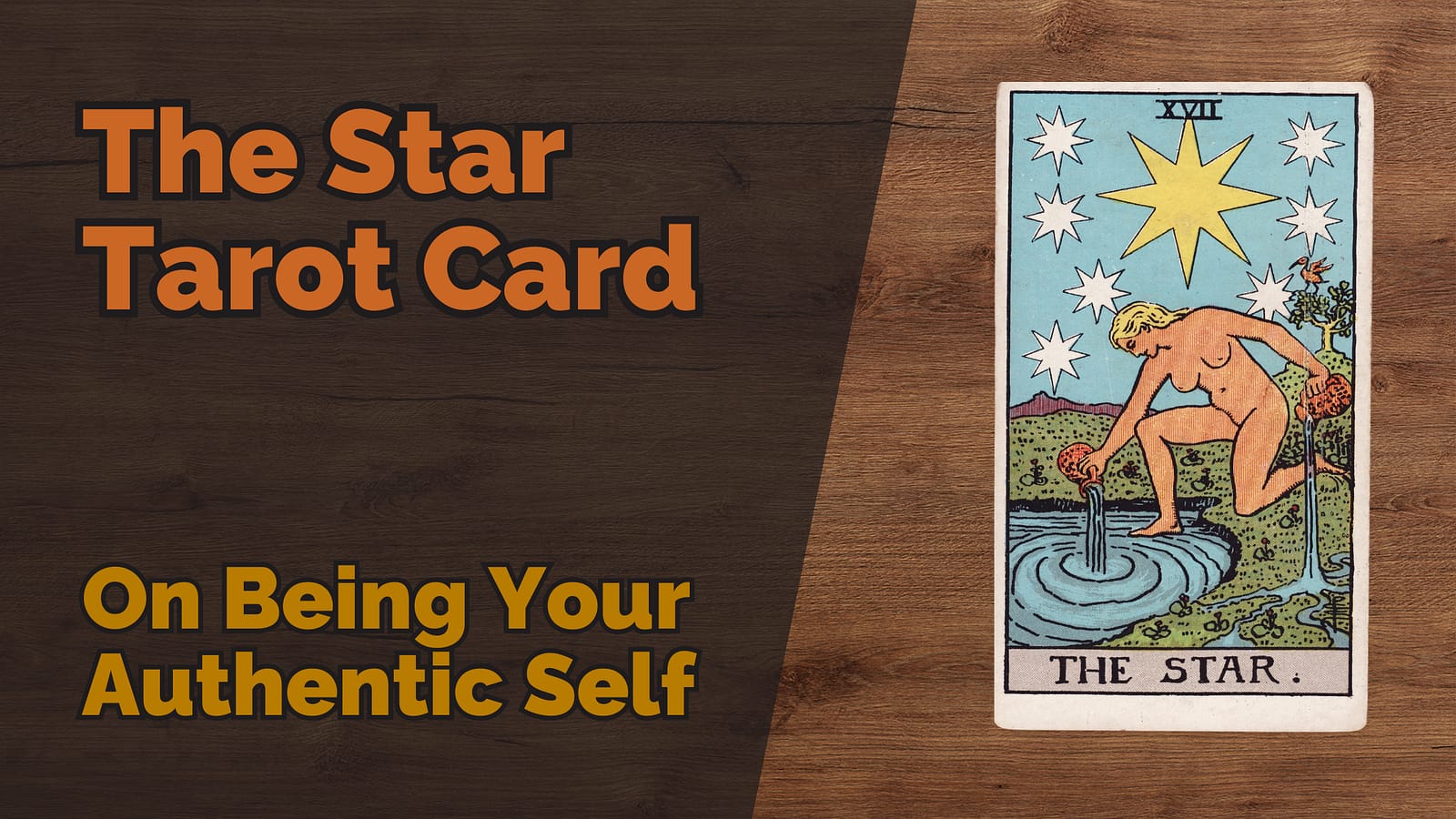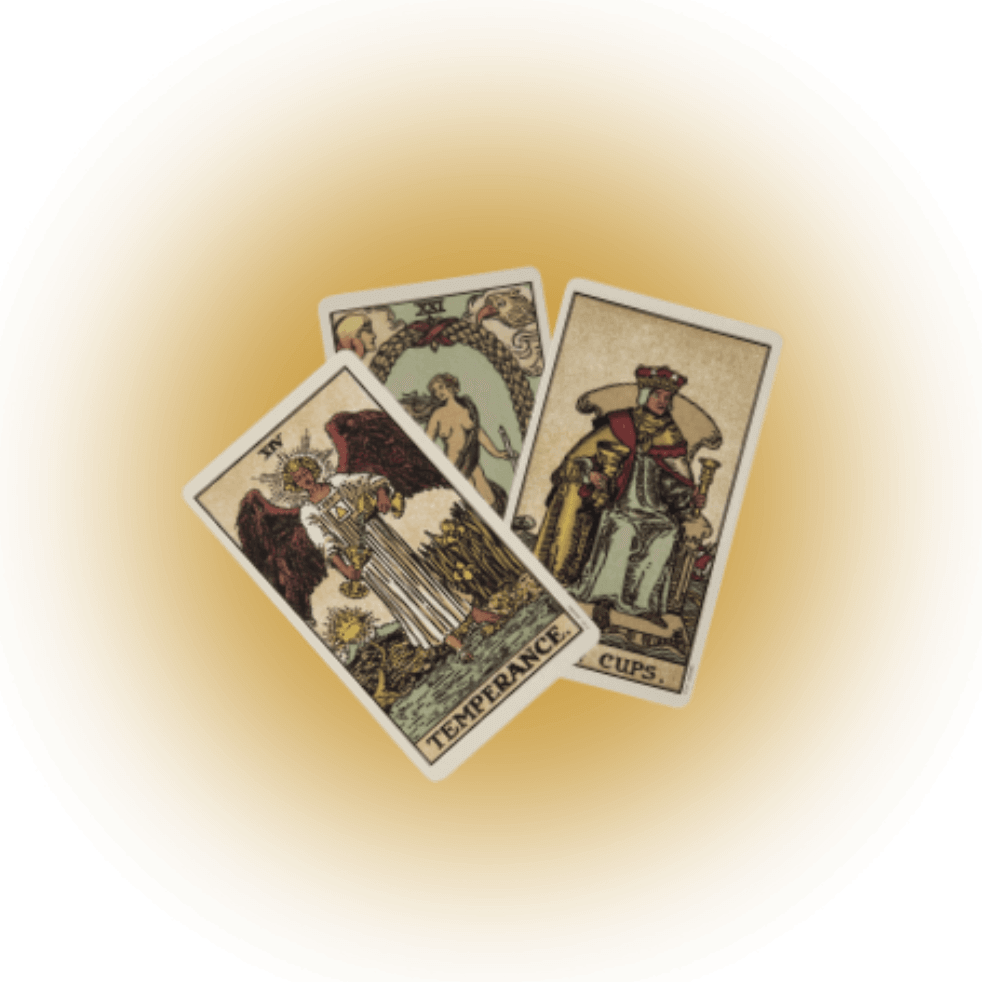About 6 years ago I came across the work of a philosopher called Peter Rollins. It was during the time I was deconstructing my faith in the Christian God, and Pete’s focus on radical theology became something that interested me a lot. If you’d like to hear more about my early experiences of Pete’s work, check out my old blogs here. He, and the community that formed around his yearly festival in Belfast, greatly influenced my spiritual/intellectual journey.
Lately, I’ve largely moved away from Pete’s work, not through a lack of interest anymore, but since I’ve deconstructed my faith fully and moved away from Christianity my focus has shifted. However, I still have my “Happy Reaper” pin badge I got when I first saw Pete speak at a live event.
The Happy Reaper

I was reminded of this pin badge last week, after seeing a friend’s Instagram story mentioning the concept of “Memento Mori” which translates from Latin as “Remember you [have to] die”.
This, according to Wikipedia is “an artistic or symbolic trope acting as a reminder of the inevitability of death”. Most commonly represented by a skull, this is something that you wear, or place around your house or person to remind yourself that death is our constant companion.
Many people may see this as a negative thing. But to me, I try to see it as a comfort. You see, the concept of death or more broadly our own finitude is something that we are faced with every single day. It’s that emptiness, what Lacan describes as our lack. The feeling that there’s something missing that we need to fill in our lives, whether it be with money, sex, power, drugs, work, etc.
So we create idols, thinking if we achieve them we may finally feel complete and whole. Some of us dedicate our lives to this end. People spend thousands of dollars, make huge, sweeping changes to their lives, travelling hundreds of miles, all in an attempt to fill that lack.
But ultimately, certainly, in my experience, the emptiness is never truly filled.
The lack always remains.
Death is our only constant companion.
Kill Your Idols – The Death of God
I wrote a post on my old blog, entitled “Life After the Death of God” talking about security blankets, and that is a fitting description for the idols we create in our lives. For me, the idol for a long was the Christian God. In the post, I talk about this, and how for me in killing God, or destroying the idol that I had created, I was able to live a freer life away from those constraints.
While in many ways my faith has changed radically, I have a hope that something much more beautiful will begin to take its place. The death of God, for me, means the death of an idolatrous faith, and the birth of a faith that doesn’t look for a reward. It means I’m no longer living my life trying to impress a judgemental deity in the hope of a reward in the next life, and I’m choosing to live my life in the hope of making this world a better place for my generation and generations to come. I’m no longer able to see the injustices of the world and feel content that I’ve said a prayer about it, so I have to do something about it myself.
Life After the Death of God – 4 May 2016
It’s strange looking back on things like this. It’s served as a reminder for me that darkness or lack will always be in my life, no matter what I might do to avoid it.
It’s sort of like what the Buddhists say, life is suffering.
Once you accept that, as Sartre said: “Nothingness lies coiled in the heart of being – like a worm”. That suffering and emptiness are a part of life, not something to be avoided but embraced. Somehow things lose their sting a little.
Of course – this is incredibly hard to remember. So that’s why I wear my Happy Reaper Pin.

